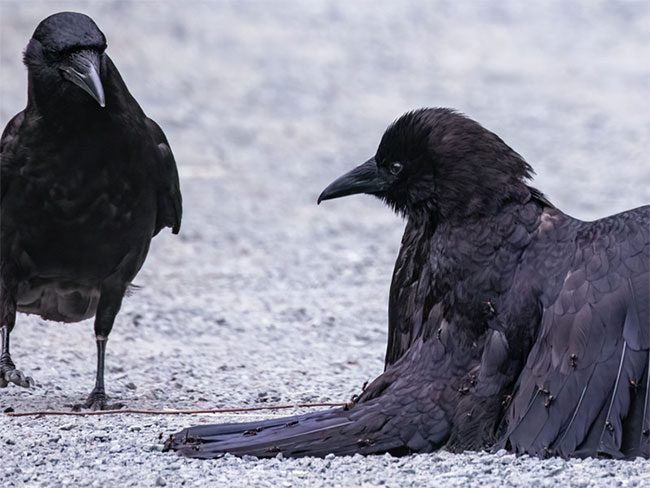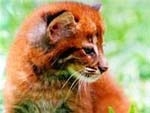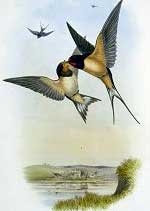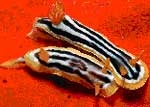Ants Covering the Body: A Strange and Mysterious Behavior in Crows Captured by a Photographer.
Photographer Tony Austin encountered a flock of crows landing more than 10 meters away while strolling in a nature reserve in British Columbia, Canada, as reported by Smithsonian on June 12. When one crow began rolling in the dirt and gravel, Austin raised his camera to take a shot. It flapped its wings on the ground, jumped into the bushes, then turned around and repeated this process.

Crow covered in ants. (Photo: Tony Austin).
Upon closely examining the photos, Austin realized that it was not just dust bathing. The body and wings of the crow were covered in black ants. Other crows were merely walking around and observing it. They seemed quite interested in the spectacle and appeared unafraid, Austin noted.
Austin shared the photos with a birdwatching group on social media and received feedback that the crow was “ant bathing”, meaning it was intentionally covering itself with ants. “It seems that no one really knows why they do this. This behavior is very mysterious and incredibly fascinating,” he said.
Over 200 bird species exhibit ant bathing behavior. They will flap their wings on the ground and gather insects, usually ants. However, experts rarely capture this behavior in photographs. Ornithologists have known about ant bathing since around the 1830s and have proposed several hypotheses regarding why birds want to cover their feathers with insects. They might use ants to soothe their skin during molting or to stimulate the ants to release formic acid, which helps repel harmful insects.
Crows exhibit many strange and impressive behaviors that researchers are eager to understand. They can solve puzzles, for instance, raising water in a glass tube by adding objects, and they can even be trained to dispose of trash. Crows often avoid and signal warnings to other crows when they see a dead member of their species. However, scientists have also recorded instances of crows attempting to mate with deceased individuals.
The exact reason behind the ant bathing behavior remains a mystery. According to a study published in the journal Northwestern Naturalist in 2015, birds may engage in ant bathing for various reasons, depending on the circumstances. “I don’t think anyone has ever conducted an in-depth study on this behavior. I believe we don’t have a complete answer yet. But ultimately, the ants will also become food,” said David Bird, a biologist at McGill University.




















































